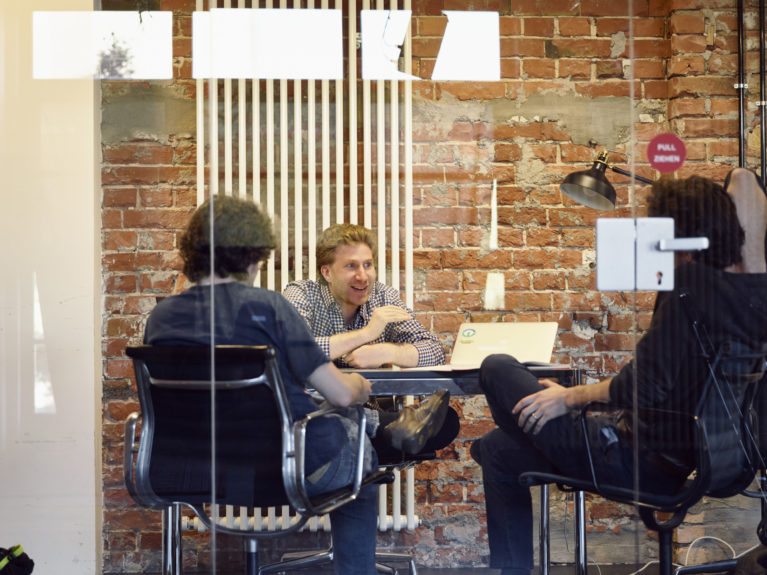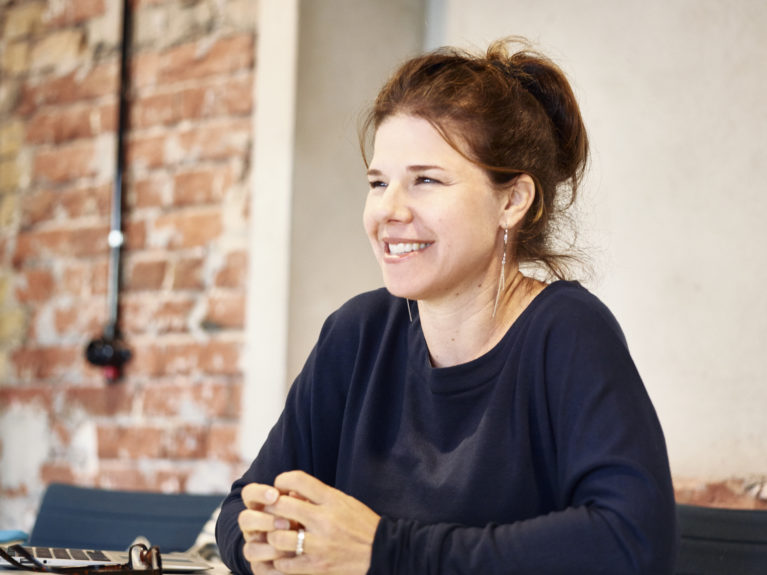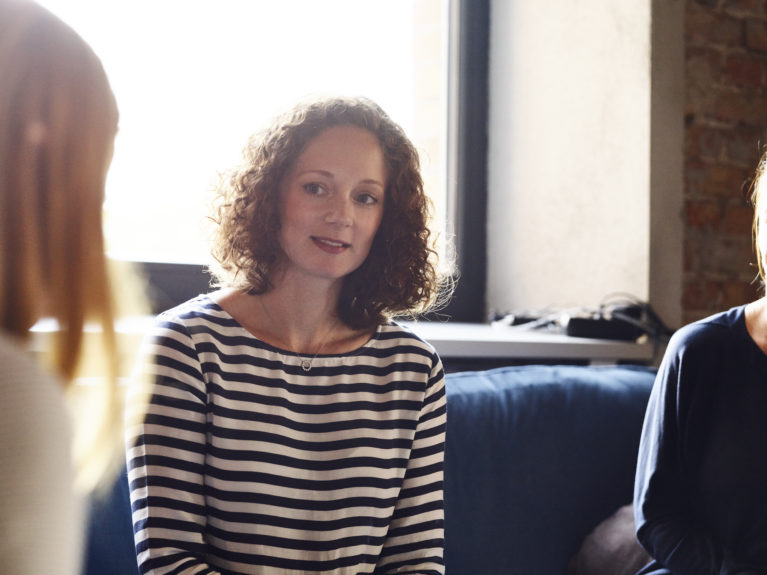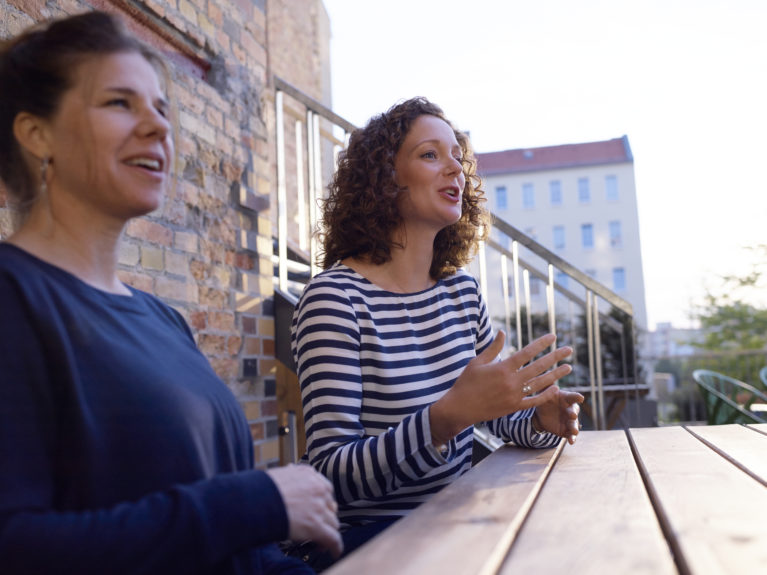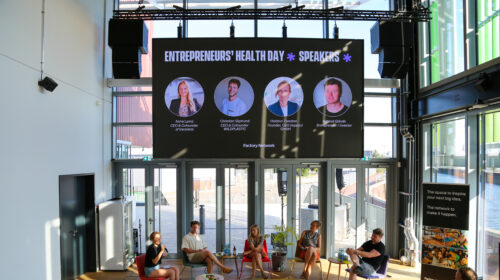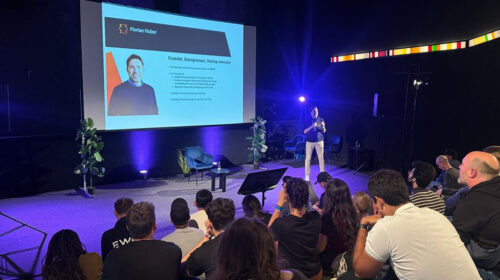
October 18, 2016
Unsexy Markets, Big Ideas and The “It” Factor: What Y Combinator Is Looking For In Startups
What do Dropbox, Airbnb and Stripe have in common? They are Silicon Valley based unicorns – startup companies valued at $1 billion or more. They are also Y Combinator alumni.
Founded in 2005, Y Combinator, which has been dubbed the “X Factor” for fledgling tech startups, is the first of its kind and to date the biggest and most powerful startup accelerator. Over the past decade, they’ve funded and helped to kickstart over a thousand startups, which now have a combined valuation of over $65 billion.
We had a chat with the YC team about their journey to find and develop tomorrow’s tech giants, their exceptional alumni network, Silicon Valley’s unique status and the problem with copycats.
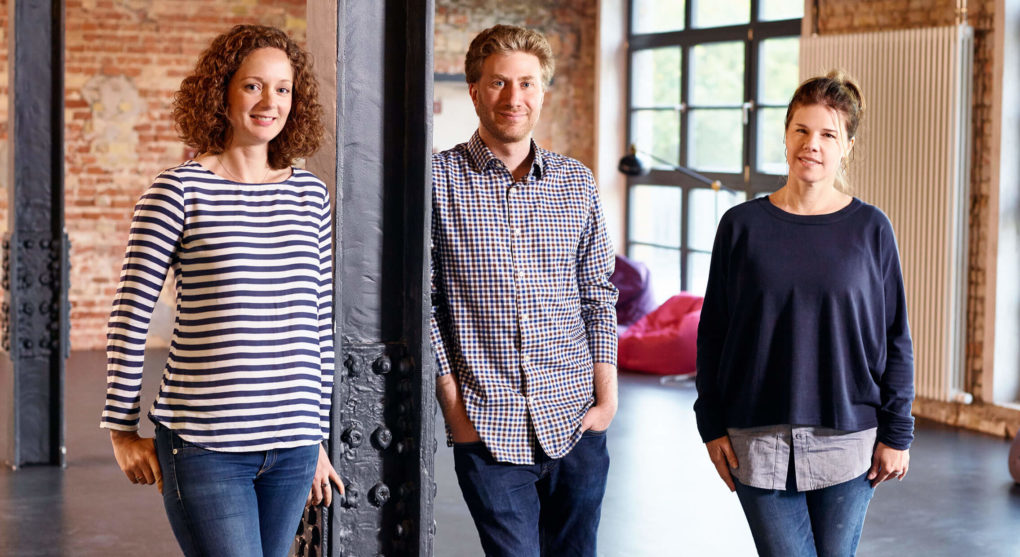
“In 2005, our scale was totally different, but not a great deal has changed concerning the advice we give.”
What are the key things you are looking for in the startups you take for your program?
Jared: We’re looking for great founders who inspire us, have big visions and are tackling a problem that they are really passionate about. It’s not just about pursuing something that is easy to copy from an established company, but it should be a real problem that is deeply personal for the founders. We love big ideas and problems that are really challenging to solve. There’s nothing wrong with another photo sharing app, but quantum computing can be much more interesting.
Kirsty: Exactly. The problem with doing business in a hot area is that there’s loads of startups doing that and there’s a lot of noise, it’s hard to get noticed. Whereas, if you’re working in a rather unsexy market and you’re one of the very few people working in it, you already have some kind of an “unfair” advantage. For example, we had a nuclear energy company in our last batch. That’s just so different. Those kind of ideas get us really excited.
Carolynn: And, this is no secret or surprise, we’re looking for really good founder teams. Startups pivot a lot, which is a lot easier to do if the founders are really smart and get along really well to start with. When we’re interviewing the teams, we try to pick up on this “it” factor that makes us think that these people are going to build something amazing at some point. Even if it’s not the idea they happen to be talking to us about at the time.
What patterns do you see in successful startups?
Carolynn: Founders who work exclusively on their startup and don’t have side jobs have a higher chance to succeed. Just like those founders who have organic relationships, who knew each other and worked on something together before starting their company.
Kirsty: I think it comes down to the personality of the founders as well. They need to be determined, not giving up as soon as things get tough. They need to show that they can get things done, iterate and move fast. It’s great talking to people who are full of ideas, and have a new idea every day, but that’s not how a startup is built. Successful founders know what they need to do in order to make that business a success, and don’t get sidetracked by the glamorous parts of running a company.
Do you see any particular reason why startups fail?
Kirsty: When it comes to potential threats, one thing that founders are the most terrified of is competitors. However, startups usually die by suicide, not homicide. There’s a whole lot of things that could prevent startups from success other than competitors. Sometimes the founder relationship breaks down, other times the product they are building is just not something people actually want. As sad as it is, sometimes startups execute and focus but fail simply because they picked the wrong thing to build.
“When interviewing the teams, we try to pick up on the “it” factor that makes us think that these people will build something amazing at some point.”
You have an amazing alumni network, including companies like Dropbox or Airbnb. How do you play that network?
Carolynn: Our network is mostly for introductions and one-off advice. The best use case would be someone sending an email to our mailing list, saying “I need an introduction to someone at AWS”. And there’s surely someone in our network who replies, “Oh, I know that person. I’ve done business with that person. I went to school with that person.” Or someone asking, “We’re really struggling to integrate this particular feature into our product. Has anyone else had that problem?” And somebody will say, “Oh, yeah, sure. Let’s go, grab coffee and I’ll talk you through how we solved it.” These kinds of introductions are invaluable, and they happen all the time.
Kirsty: The network is a massive part of YC’s value, and it has evolved so much over the past years. As the startups who are coming through get help from the alumni, they are always keen on helping the next batch of companies.
Which is your favorite company that came out of Y Combinator?
Jared: That’s like asking someone to choose their favorite child [laughs]. I’m particularly proud of the non-profit and social initiatives. To name one, Shri is a company that I worked with, they are building a sanitation infrastructure in India. I was really excited to get to work with them because they are solving a massive public health problem.
Carolynn: I tend to remember the founders more than I remember their specific idea or product. One company that just pops into my head because I’m a huge user and fan, is Le Tote. They send you boxes of clothes that you can wear and then return. I love that startup because I get so much use and pleasure out of it.
There’s many different accelerators and incubators out there with different kinds of programs and approaches. How do you see the accelerator model evolve over time?
Kirsty: When we launched Y Combinator, no one had done this kind of program before, everyone else has kind of followed on. If I look back to how we were structured back in 2005, I’d say the scale was totally different, but not a great deal has changed concerning the advice we give.
In Germany there’s an emerging trend of corporates launching incubators. Have you ever considered working with corporates?
Kirsty: No, we haven’t. I’d say, the danger with corporate incubators is that they usually have their own agenda. If a startup looks promising, it doesn’t necessarily have the chance to become a stand-alone company in itself, but it kind of gets swallowed up by the corporate. I’m sure that might be the right answer for certain founders, but the way we approach things is that we want to work with startups that aim to become big, independent companies on their own.
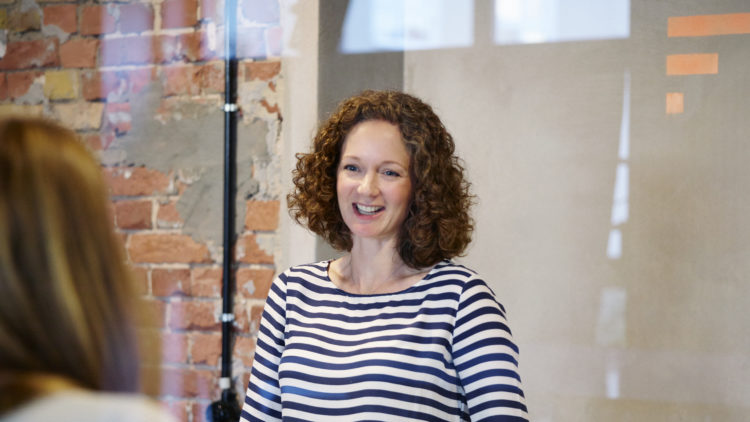
“There’s a high chance that the next billion dollar company will be founded by entrepreneurs outside the US.”
Y Combinator is quite US centric. Are you planning to change that in the future and offer programs outside Silicon Valley?
Kirsty: Geographically we might be US centric, but in terms of the companies that we invest in, we’re truly global. We believe that there’s a very high chance that the next billion dollar company will be founded by entrepreneurs outside the US. The reason why we want all Y Combinator startups to come and spend three months working with us in Mountain View, is because we think that it’s really important for fresh founders to understand how San Francisco and the Bay Area works. We’d like to make it easier for them to make the right contacts, meet investors, potential partners and users, and most of the capital still accumulates there. After their three-month program is finished, the founders can choose to stay or go home having the knowledge and connections.
Carolynn: Another great argument for inviting the founders to Silicon Valley is that we’d like to get them out of their comfort zone. When you move to a new place and you’ve left all your friends and family behind, then what else are you going to do except working on your startup? This is a great way to get the most out of those three months, only focusing on building your company and seeking advice from YC partners.
Do you see this global startup hub moving away from the Bay Area in the near future?
Carolynn: Kirsty, Jared and I have recently talked about how expensive the Bay Area is. It feels like it’s a challenge for all the companies starting out to be in an area where it’s so ridiculously expensive to live. So we, of course, wonder whether this is ever going to change. Right now, that’s where the talent is and most importantly where the VCs are, so it’s not likely to change in the next few years.
You’re currently on an outreach tour, visiting various cities, including Berlin. Are you planning to open up other locations?
Carolynn: We’re really just here to meet founders from all over the world. We’re curious to see what the founders abroad are up to, what the startup community and the investing community are like. And of course, we wanted to make sure that entrepreneurs outside the US also have the chance to meet us.
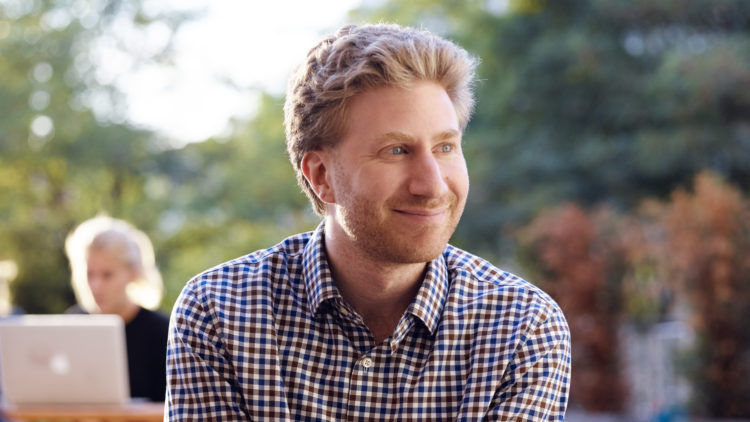
“There’s nothing wrong with another photo sharing app, but quantum computing can be much more interesting.”
What’s your take on the European startup scene?
Kirsty: There’s very little difference regarding the products and ideas European startups tend to work on. The difference lies in the attitude of investors, as well as the size and availability of capital.
Thanks to open technologies and information, pretty much everyone can copy a YC startup idea as soon as they come out. Are you afraid of these copycats?
Kirsty: Actually that’s another thing we look for when we’re looking at companies applying to YC, whether they have some form of defensibility. It could be that their idea is much further ahead and it would take a really long time to create a copy, or it could be some kind of a lock-in or network effect that means that it doesn’t really make sense to try to copy it.
Jared: Usually the local copycats end up swallowed up by their competitors. I think if someone wants to build a lasting company they should try something new.
